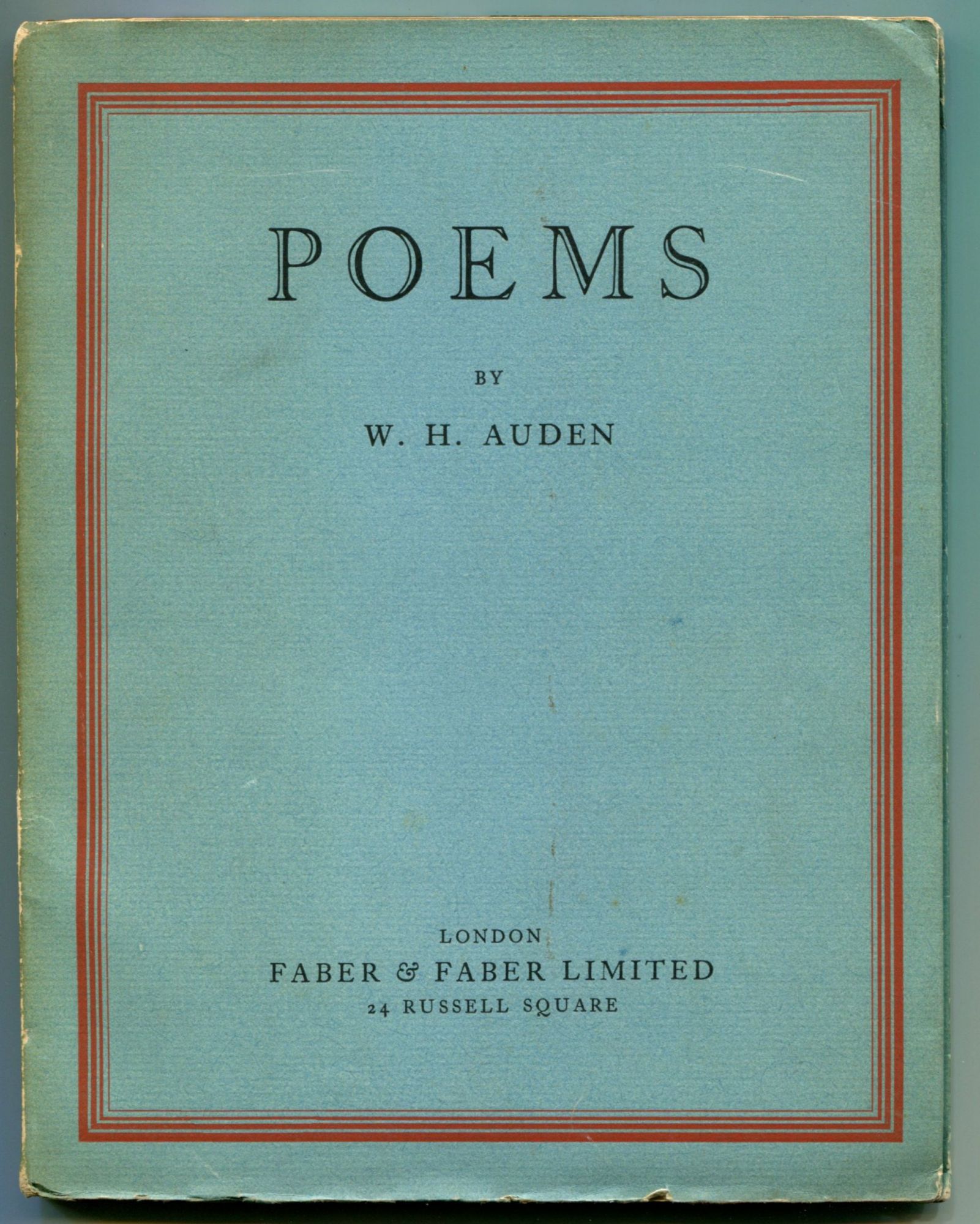

In 1939 he moved to the United States and became an American citizen in 1946. After a few months in Berlin in 1928–29 he spent five years (1930–35) teaching in English public schools, then travelled to Iceland and China in order to write books about his journeys. He attended English independent (or public) schools and studied English at Christ Church, Oxford. National Book Award for Poetry in 1956.Wystan Hugh Auden was an Anglo-American poet, best known for love poems such as "Funeral Blues," poems on political and social themes such as "September 1, 1939" and "The Shield of Achilles," poems on cultural and psychological themes such as The Age of Anxiety, and poems on religious themes such as For the Time Being and "Horae Canonicae." He grew up in and near Birmingham in a professional middle-class family. It begins with the sequence "Bucolics", then miscellaneous poems under the heading "In Sunshine and In Shade", then the sequence Horae Canonicae. The poem is the title work of The Shield of Achilles, a collection of poems in three parts, published in 1955, containing Auden's poems written from around 1951 through 1954.

In these contrasting stanzas, Auden reflects on the differences between the vital, lyrical Achaean world described by Homer where, even amid warfare, imagination naturally ran to scenes of peace, and the violent, barren world, lacking any hope and meaning, that Auden himself imagines. In the third scene, a "ragged urchin" throws a stone at a bird he takes it for granted "that girls are raped, that two boys knife a third," and "has never heard of any world where promises are kept / Or one could weep because another wept." In the closing stanza, composed of short lines, Thetis cries out in dismay at what Hephaestus has made for her son, "who would not live long."

In the second scene, a crowd of ordinary people watch passively as three "pale figures" are dragged towards and tied to posts. In the first scene described by these stanzas, an anonymous, dispassionate army listens. The stanzas with longer lines describe the scenes of a barren and impersonal modern world that Hephaestus creates in Auden's version.

Thetis expects to find scenes of happiness and peace like those described by Homer. The stanzas with shorter lines describe the making of the shield by the god Hephaestus, and report the scenes that Achilles' mother, the Nereid Thetis, expects to find on the shield and which Hephaestus, in Auden's version, does not make. It is Auden's response to the detailed description, or ekphrasis, of the shield borne by the hero Achilles in Homer's epic poem the Iliad.Īuden's poem is written in two different stanza forms, one form with shorter lines, the other with longer lines. Auden first published in 1952, and the title work of a collection of poems by Auden, published in 1955. The Shield of Achilles is a poem by W. H.


 0 kommentar(er)
0 kommentar(er)
